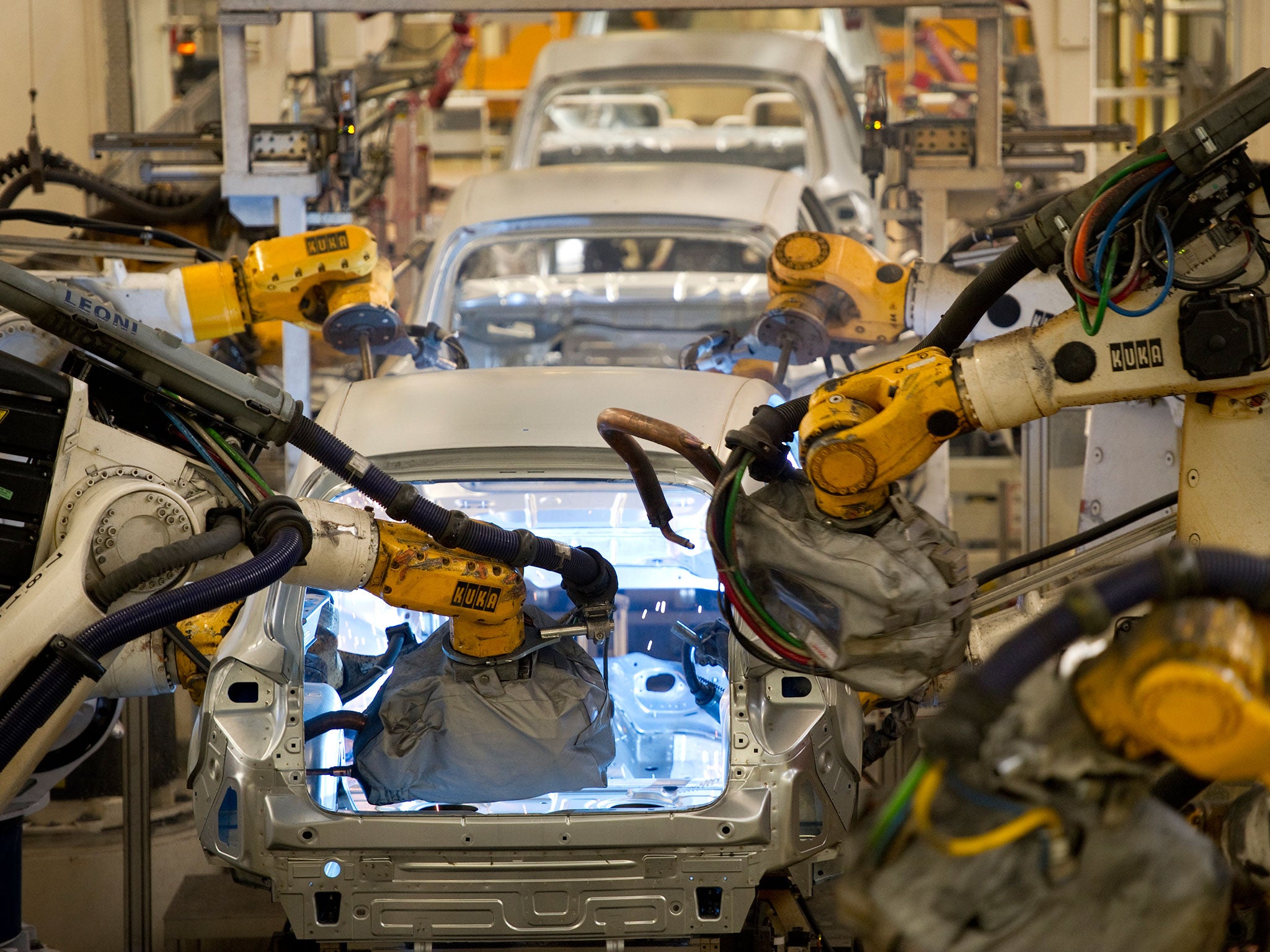Brexit: UK and EU agree 12-month grace period on rules of origin paperwork
Reprieve for car industry and others means mountain of paperwork will not have to be completed until 2022

UK companies exporting into the EU will not have to complete paperwork certifying that their goods are locally made until 2022, reducing the burden of red tape facing many industries.
The UK and EU have agreed the 12-month grace period on so-called rules of origin paperwork to give firms time to adapt to the new regime.
While companies will not have to fill in a mountain of extra forms, they must still abide by rules of origin during the grace period. That means goods must be locally sourced, or for have had sufficient work carried out on them in the UK.
Tariffs will be charged on goods that do not meet rules of origin requirements.
The grace period will temporarily lower the amount of paperwork faced by car manufacturers and aerospace firms which import large numbers of parts from many countries.
Car manufacturers have warned that vehicles are likely to become more expensive to produce in the UK due to additional bureaucracy. Almost 60 per cent of cars made in the UK are exported to the EU.
For the next 12 months, companies that import components from outside the EU will not be required to make declarations on the origin of those goods when they arrive in UK ports.
During negotiations the UK had tried to persuade Brussels to allow Turkish and Japanese parts to count towards rules of origin requirements but the proposal was rejected.
“This new agreement will mean that vital industries with complex supply chains, such as automotive, supporting thousands of jobs, have more time to adapt to the new relationship and build the requirements into their working practices,” the UK government told the Financial Times.
“Businesses should still ensure that their goods meet origin rules before claiming that they’re eligible for zero tariffs, and after the 12-month grace period they could be asked to produce these documents as part of compliance activity.
Join our commenting forum
Join thought-provoking conversations, follow other Independent readers and see their replies
Comments
Bookmark popover
Removed from bookmarks